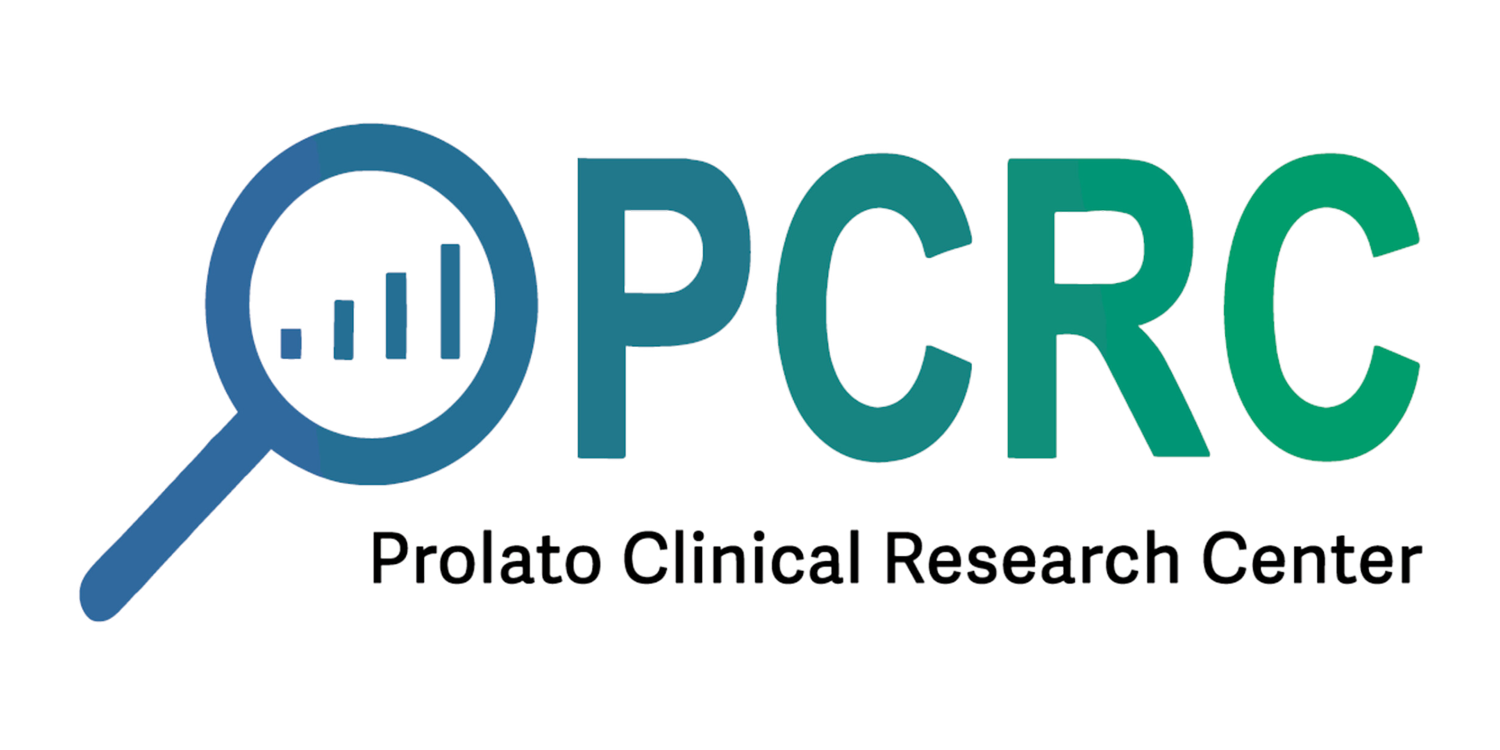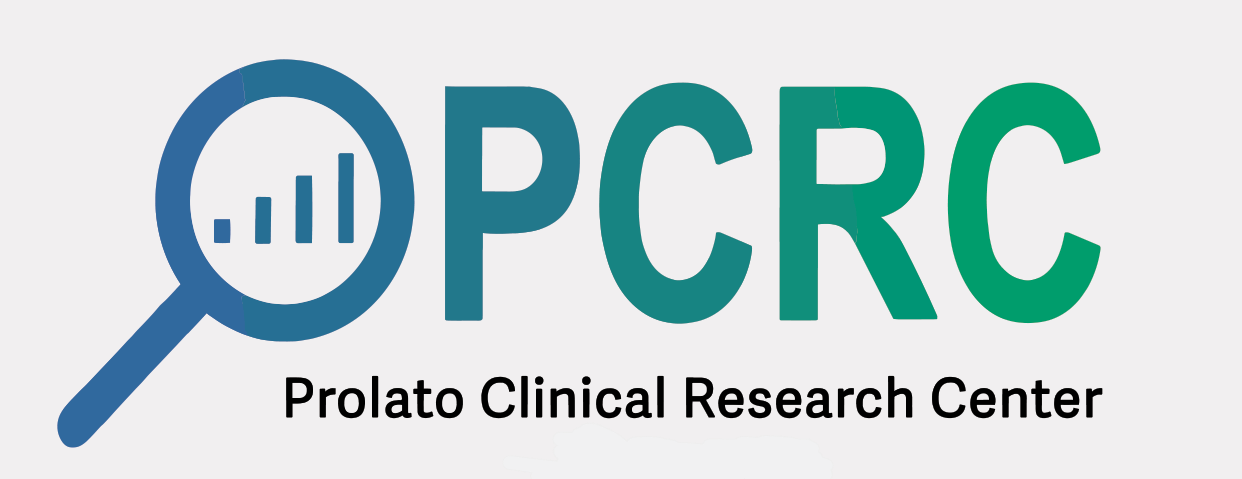
Applause
Description
The study is designed as a multicenter, randomized , double-blind, placebo controlled study to demonstrate the superiority of LNP023 at a dose of 200 mg b.i.d. compared to placebo on top of maximally tolerated ACEi or ARB on reduction of proteinuria and slowing renal disease progression in primary IgA Nephropathy patients.
Is there compensation for this trial? Yes
Am I Eligible or this trial?
Below is the detailed inclusion and exclusion detail for the the trial. Some of these you may know and other we may need to test in order to determine if you are a good fit for the trial. If you are not sure, please fill out the form to the left and one of our researchers will call you to assist in determining this and answering any additional questions.
Inclusion Criteria:
Male and female patients ≥ 18 years of age with an eGFR level and biopsy-confirmed IgA nephropathy as follows:
For patients eGFR* ≥ 45ml/min/1.73m2, a qualifying biopsy performed within the last 5 years is required.
For patients with eGFR* 30 to <45ml/min/1.73m2, a qualifying biopsy performed within 2 years with < 50% tubulointerstitial fibrosis is required.
For patients with eGFR* 20 to <30ml/min/1.73m2, a qualifying biopsy performed at any time.
In all cases, if a historical biopsy is not available, one may be performed during screening. *eGFR calculated using the CKD-EPI formula (or modified MDRD formula according to specific ethnic groups and local practice guidelines)
Proteinuria due to primary diagnosis of IgA nephropathy as assessed at screening by UPCR ≥1 g/g (113 mg/mmol) sampled from FMV or 24h urine collection, as well as at the completion of the run-in period by UPCR ≥1 g/g (113 mg/mmol) calculated as the mean of two 24h urine collections obtained within 14 days of each other at baseline.
Vaccination against Neisseria meningitidis infection is required prior to the start of study treatment. If the patient has not been previously vaccinated, or if a booster is required, vaccine should be given according to local regulations at least 2 weeks prior to first study drug administration. If study treatment has to start earlier than 2 weeks post vaccination, prophylactic antibiotic treatment should be initiated.
If not previously vaccinated, vaccination against Streptococcus pneumoniae and Haemophilus influenzae infections should be given, if available and according to local regulations, at least 2 weeks prior to first study drug administration. If study treatment has to start earlier than 2 weeks post vaccination, prophylactic antibiotic treatment should be initiated.
All patients must have been on supportive care including stable dose regimen of ACEi or ARB at either the locally approved maximal daily dose or the maximally tolerated dose (per investigators' judgment) for at least 90 days before first study drug administration. In addition, if patients are taking diuretics or other antihypertensive therapy, the doses should also be stabilized for at least 90 days prior to the first dosing of study treatment.
Exclusion Criteria:
Any secondary IgAN as defined by the investigator; secondary IgAN can be associated with cirrhosis, celiac disease, Human Immunodeficiency Virus (HIV) infection, herpetiformis, seronegative arthritis, small-cell carcinoma, lymphoma, disseminated tuberculosis, bronchiolitis obliterans, and inflammatory bowel disease, familial mediterranean fever, etc.
Sitting office SBP >140 mmHg or DBP >90 mmHg at the randomization visit
Patients previously treated with immunosuppressive or other immunmodulatory agents such as but not limited to cyclophosphamide, rituximab, infliximab, eculizumab, canakinumab, hydroxychloroquine, mycophenolate mofetil (MMF) or mycophenolate sodium (MPS), cyclosporine, tacrolimus, sirolimus, everolimus, or systemic corticosteroids exposure (>10 mg/d prednisone/prednisolone equivalent) within 90 days (or 180 days for rituximab) prior to first study drug administration
Prior use of LNP023 or prior enrollment in any other LNP023 clinical trial where study drug was taken, including matching placebo
History of recurrent invasive infections caused by encapsulated organisms, such as meningococcus and pneumococcus.
Active systemic bacterial, viral (including COVID-19) or fungal infection within 14 days prior to study drug administration.
Other protocol-defined inclusion/exclusion criteria may apply.

